The answer is simple: everything. This year, Ramadan is not just about its religious and social significance — it’s about an entire nation reclaiming itself. It’s about Syria, its people, its land and its future.
For the first time in decades, Syrians are experiencing a Ramadan free from the former regime leader Bashar Assad’s rule. His fall alone is reason enough for celebration. Across the country, people have rejoiced in their liberation from a brutal regime, marking the occasion with ongoing festivities that peak during major religious and national events, such as Ramadan and International Women’s Day.
Even before social media was flooded with messages of gratitude, hearts were already filled with praise to God for granting them a Ramadan without Assad.
Revolution and Ramadan
From March 15 to 18, celebrations erupted across cities, villages and public squares as Syrians marked the 14th anniversary of the revolution—coinciding with mid-Ramadan. A stark contrast to last year, when the revolution’s anniversary was observed with heavy hearts, filled with prayers and hopes for the regime’s downfall. Today, that hope has turned into reality and Syrians finally have the right to celebrate.
This Ramadan, everything has changed. Gone are the arrest warrants, the fear of detainment at the borders and the omnipresent security checkpoints that once choked movement across the country. For the first time in years, families can return home to spend Eid together without fear. More significantly, Syrians are thinking about their country — their “Souryana”—in ways they never could before.
In the past, Syria was not theirs; it belonged to Assad and his inner circle. Any attempt to build, innovate or change was stifled, while corruption and destruction were given free rein. Now, for the first time, the country is back in the hands of its people.
Ramadan under Assad was punctuated by carefully orchestrated displays of power — banquets where the president hosted religious leaders who pledged allegiance to him, Eid prayers where he raised his hands in false piety and public ceremonies where clerics draped him in symbolic robes of honor. To many Syrians, these displays were empty gestures, masking a regime drenched in the blood of innocents. Those scenes are gone. What remains is a nation standing at the threshold of a new era.
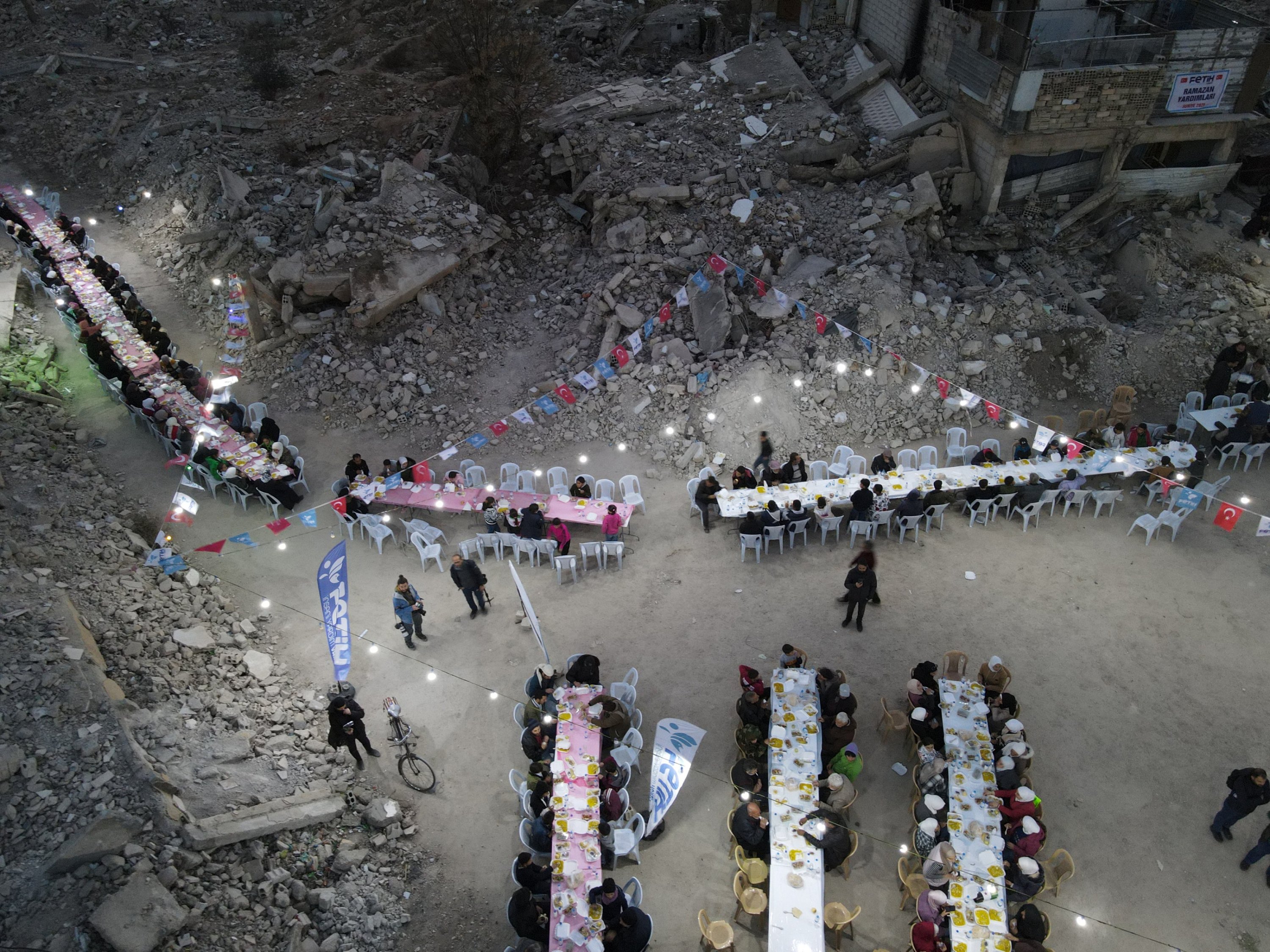
Two Syrias: Before and After Assad
The contrast between past and present is striking. Under Assad, Syria was suffocating – its future was mapped out, its people silenced. While the regime was grooming Hafez Bashar Assad to succeed his father, to keep power in the Assad family, Arab countries managed to host him at summits under the guise of “Arab reconciliation,” ignoring the atrocities he had committed against his own people.
Syria was not a nation. It was the private estate of the Assad family. The true power laid not in Damascus, but in Tehran.
Today, Syria is free. It belongs to its people, in all their diversity, with all their struggles and aspirations. The country is witnessing a surge of grassroots initiatives, from neighborhood beautification to reforestation efforts, reflecting a newfound spirit of civic engagement.
Under Assad, every action required security clearance from the dreaded secret police. Now, Syrians are reclaiming their right to shape their own future.
Challenges ahead
Syria’s newfound freedom has resonated across the Muslim world. A Palestinian friend remarked, “Syria is well, and so are we.” An Algerian friend sang revolutionary songs, drawing parallels between Syria’s struggle and Algeria’s fight against colonial rule. The joy has transcended borders. But so has the bitterness among those who propped up Assad’s machinery of oppression. Those who funded and enabled his reign of terror now face the reality of his downfall.
Despite the celebrations, Syria faces formidable challenges. The economy is in ruins, social structures have been shattered, and security remains fragile. The YPG continues to pose a challenge to national unity. Iranian-backed militias still operate against the country. Israel, too, persists in its attacks. But amid these difficulties, one thing is clear: the Syrian people are determined to rebuild, piece by piece, stone by stone.

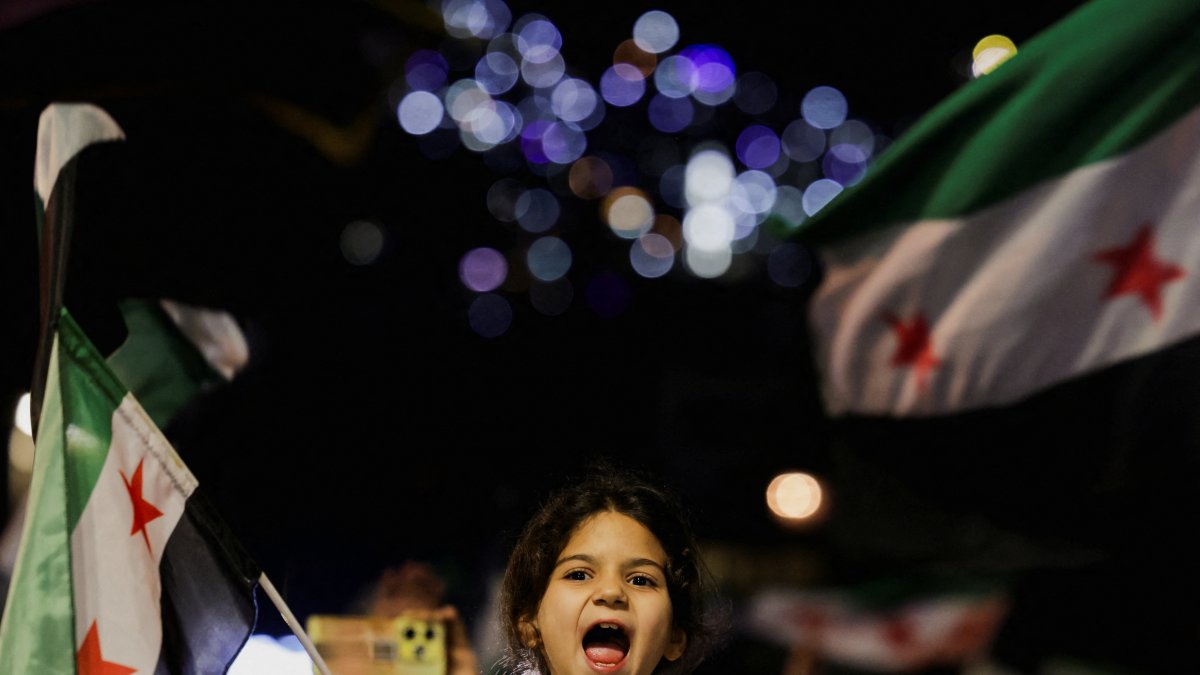
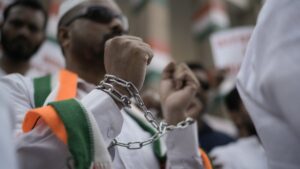

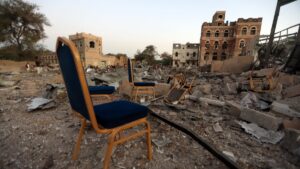
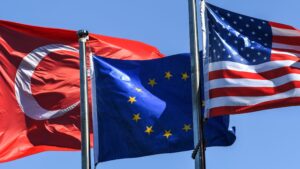
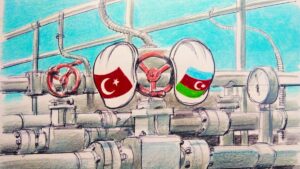
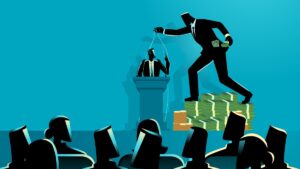
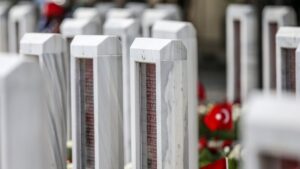
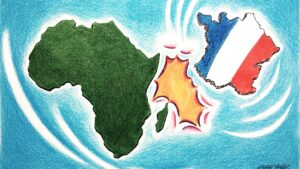


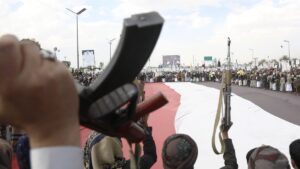
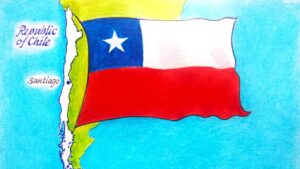


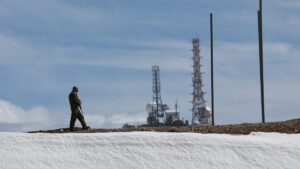
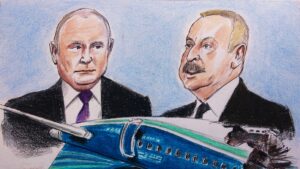
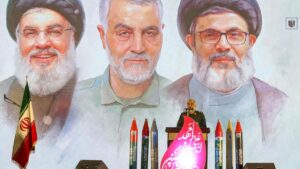

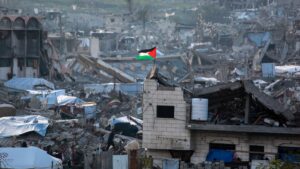
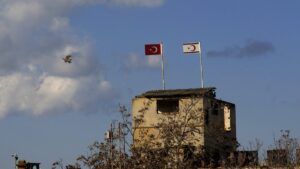
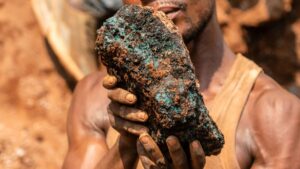
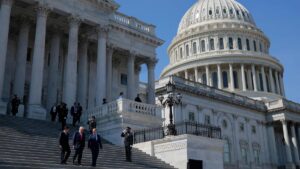
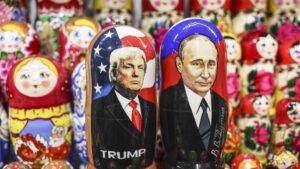
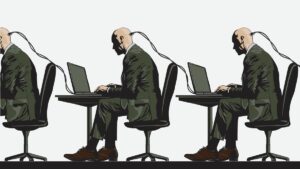
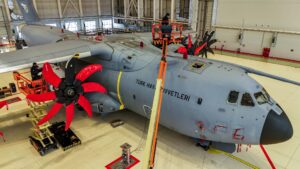
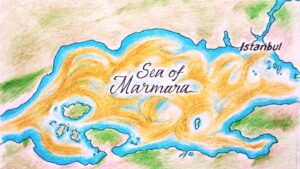
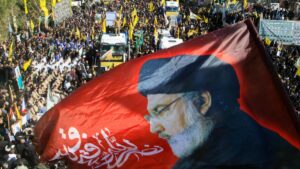
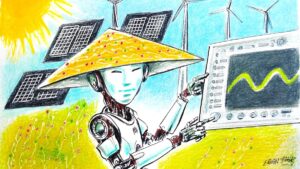
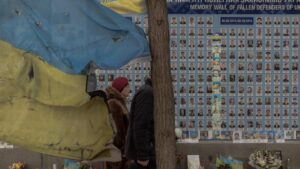
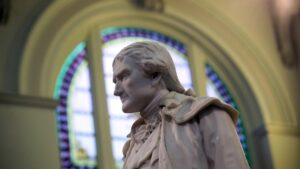
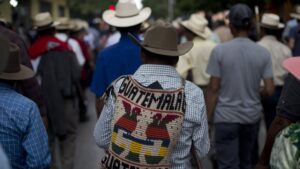
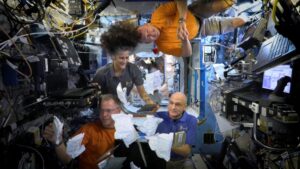
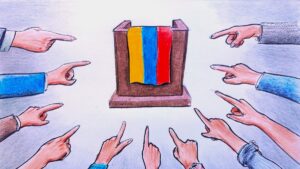
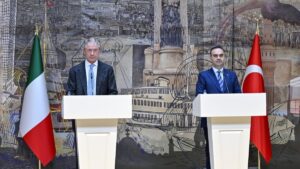
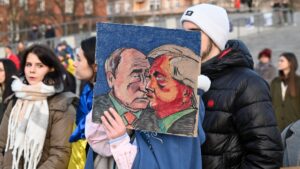
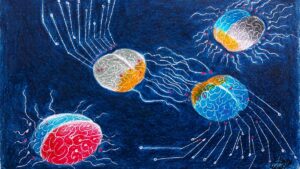
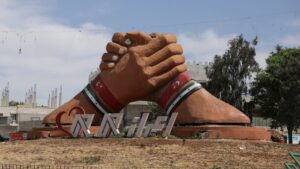
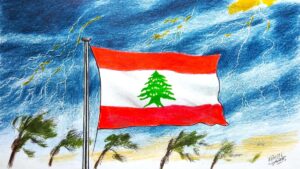
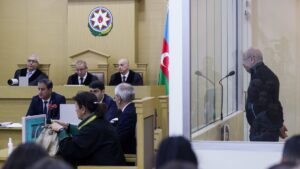
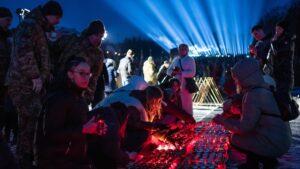
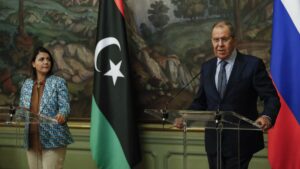
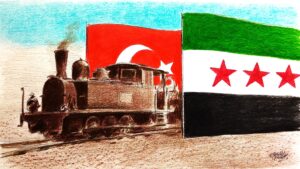
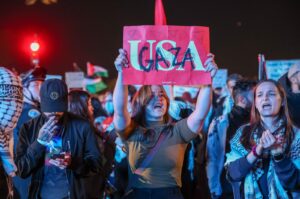
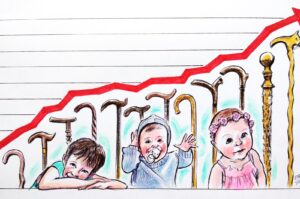


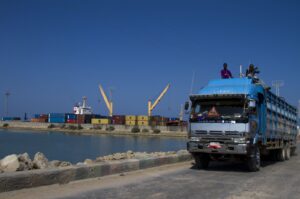

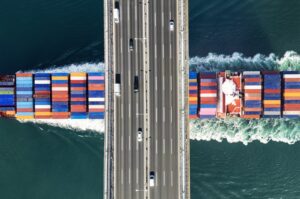

Be First to Comment